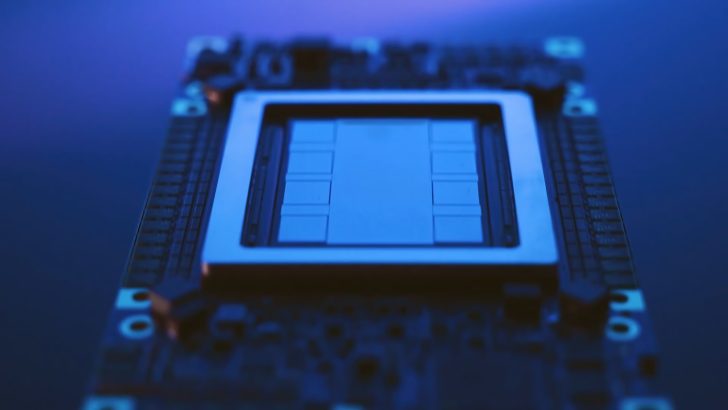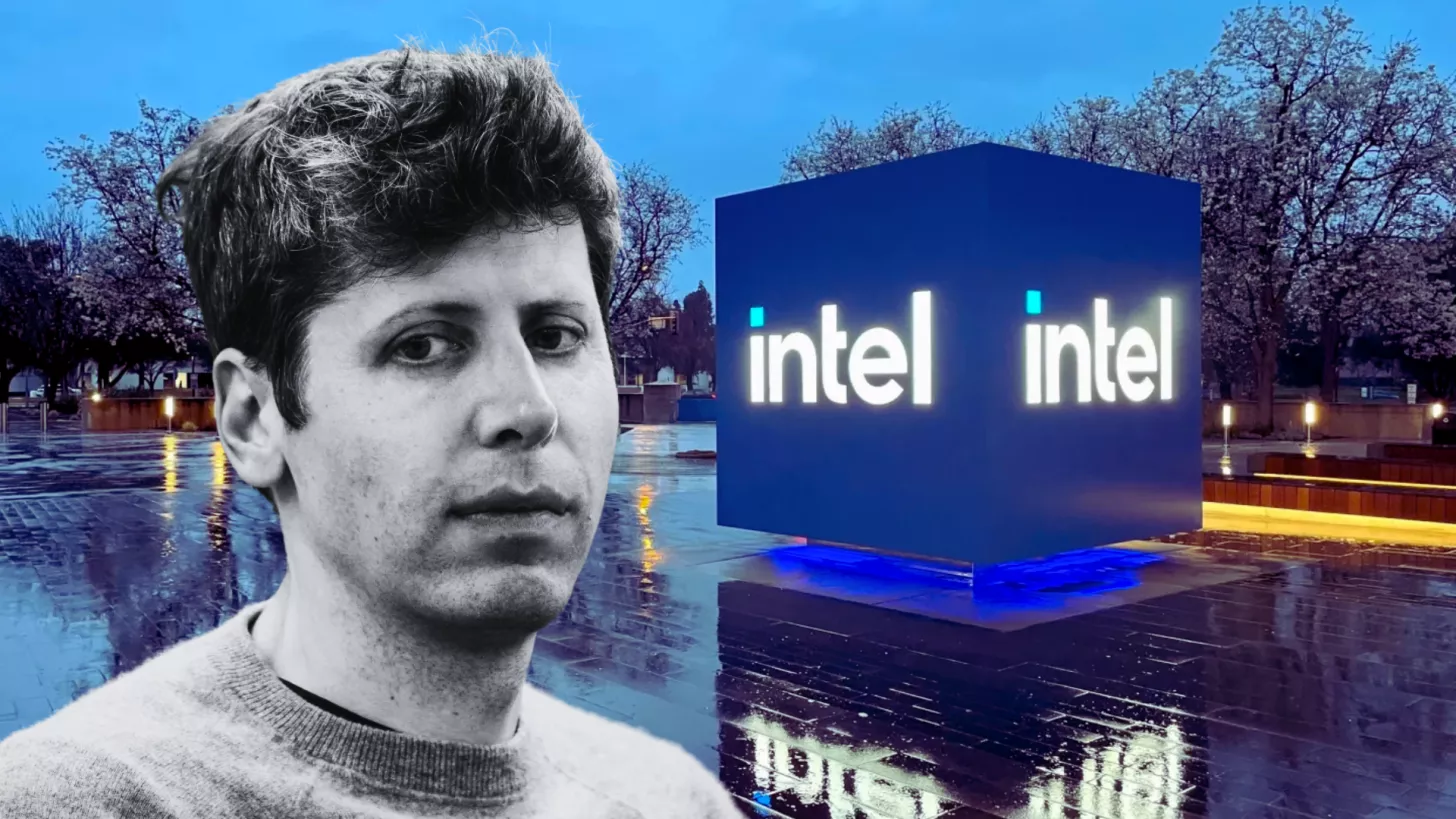OpenAI has successfully partnered with nearly every major player in the computing industry, save for one notable absence: Intel. Despite various collaborations with giants like NVIDIA and AMD, a potential alliance with Intel seems unlikely for now, according to recent analyses.
Intel’s Current Standing and Future Prospects
In recent months, OpenAI has strategically aligned itself with leading compute providers, enhancing its capabilities with companies like Oracle and Microsoft. These partnerships are crucial ahead of OpenAI’s anticipated IPO. However, Intel remains a missing piece in this puzzle. Reports suggest that an Intel-OpenAI partnership might be feasible, yet it remains complicated because Intel’s current technology does not meet the high demands of OpenAI’s advanced AI projects.
Intel’s lag in training-class GPU performance makes a significant partnership less probable today. OpenAI already has deeper relationships and more advanced hardware programs than what Intel currently offers.
– Brad Gastwirth, Global Head of Research and Market Intelligence at Circular Technology
Intel faces challenges due to its Gaudi-class AI chips, which are considered outdated compared to offerings from NVIDIA and AMD. While Intel recently introduced ‘Crescent Island’, a new inference-focused solution, it falls short of OpenAI’s requirements. The company’s AI strategy appears slow in developing a robust software and hardware ecosystem, despite potential future solutions like Jaguar Shores showing promise. OpenAI currently sees no viable partnership with Intel unless circumstances change significantly.

Speculative Pathways for a Limited Partnership
There is speculation that OpenAI might consider a limited partnership with Intel as part of a strategic move, potentially to strengthen ties with the current U.S. administration. Such a partnership could be a means to secure benefits under the CHIPS Act or to gain loan guarantees for data center expansion. With President Trump known for his interest in managing U.S. investments, a modest collaboration could occur, though this remains speculative and unofficial at this stage.
Intel’s recent struggles in the AI sector have prompted CEO Lip-Bu Tan to take a more hands-on approach to reposition the company for future computing demands.
